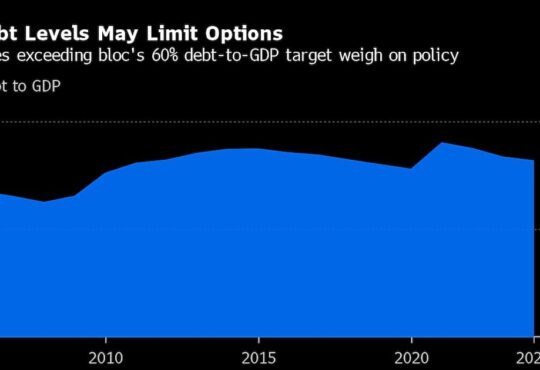
Hundreds of thousands of people are taking to the streest of France on Tuesday, for a sixth day of protest against the government’s pension reform plans.
Many argue this reform will disadvantage women — even French President Emmanuel Macron’s cabinet seems to agree with this statement.
Frank Riester, the Minister of Parliamentary relations has admitted that “women will be penalised” by the increase of the retirement age from 62 to 64.
What’s behind this claim?
First, let’s get down to the basics. Every worker in France can currently retire at 62. But this age will be gradually pushed back by the reform plan to 64.
That doesn’t mean if you retire at 64 that you will receive your full-rate pension. Most people will get the full-rate if they retire at 67 or if they have worked for 43 years.
Women are currently disadvantaged because they tend to retire later than men and have lower pensions — approximately 40% less than men.
This is for several reasons: lower salaries than men and also the fact women tend to work more part-time or have less continuous careers than men because they take maternity leave or to take care of their children or a sick family member, for example.
In 2022, women made on average 22% less than men, according to INSEE statistics.
Are women going to be disadvantaged by the reform?
But economists believe the new pension reform will increase this already existing disadvantage.
Under the planned rules, women born in 1972 will have to work nine additional months compared to only five months for men born the same year. Women born in 1980 will have to work eight more months, while men only four.
Currently, pension rights allow women to leave at 62 and receive the full pension rate if they took their full maternity leave.
But Macron’s pension reform will no longer take this maternity leave into account which means mothers will have to wait two more years before retiring.
According to Elena Bassoli, a health economist at the Paris School of Economics, the reform will also negatively impact women working in certain sectors.
“Nurses, teachers or cleaners which are mainly occupied by women could be hit hard by the pension reform especially for women at the end of their career. Staying one or two more years in this type of physically challenging job could have a negative impact, for example, on the women’s health,” she told Euronews.
The government promised to increase the minimum pensions especially for women up to 1,200 euros before tax. However, experts argue this policy – while welcome – will only benefit few women in the workforce.
“There are two conditions for this increase: you must have worked the full 43 years. But 40% of women retire with an incomplete career,” said Sophie Binet, Secretary General of CGT Cadres Union, in charge of gender equality.
“The second condition is that this complete career must be full time and 30% of women work part time. So, not many women will receive this pension increase,” she told Euronews.
How do other European countries compare?
Although no country has a perfectly egalitarian pension system, some of France’s neighbours have done a better job at mitigating the pension gender gap.
Estonia has the lowest average difference between men’s and women’s pensions at only 3.3%. Slovakia (7.6%) and Denmark (10.6%) are up next, according to the Mercer CFA Institute Global Pension Index.
Malta and the Netherlands are where retired women are worse off in the EU with a 46% and 41% pension gender pay gap, respectively.






